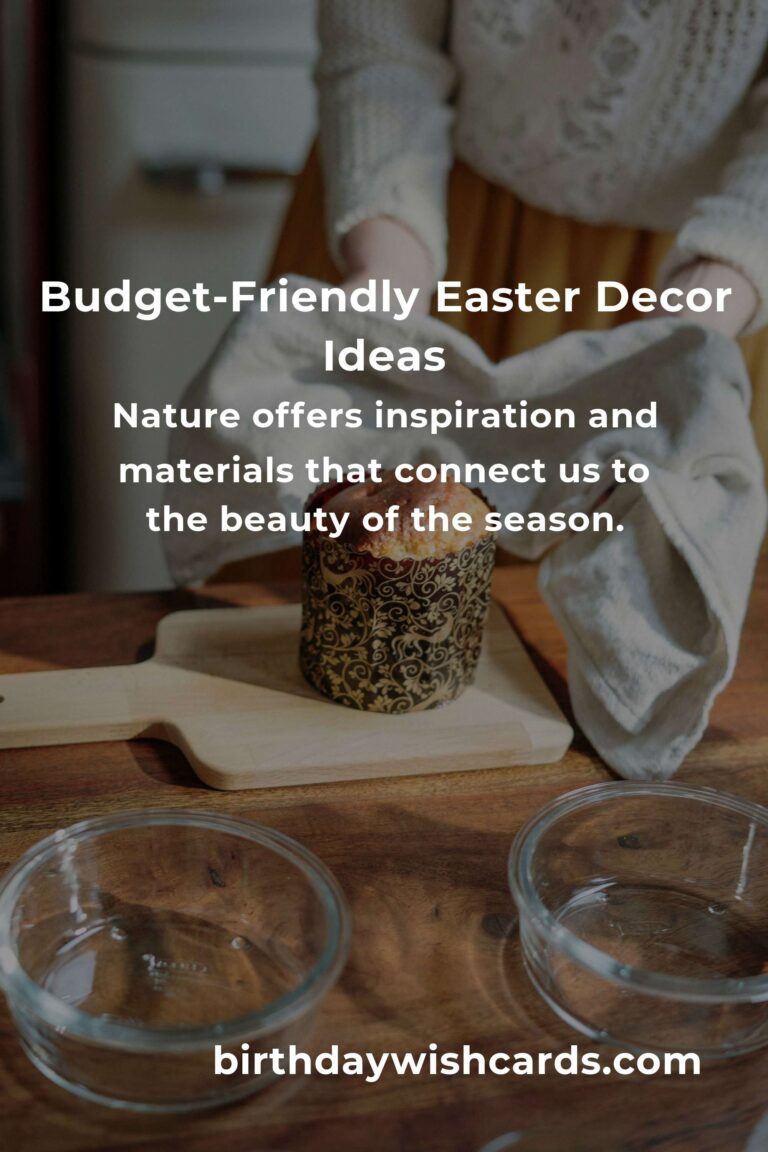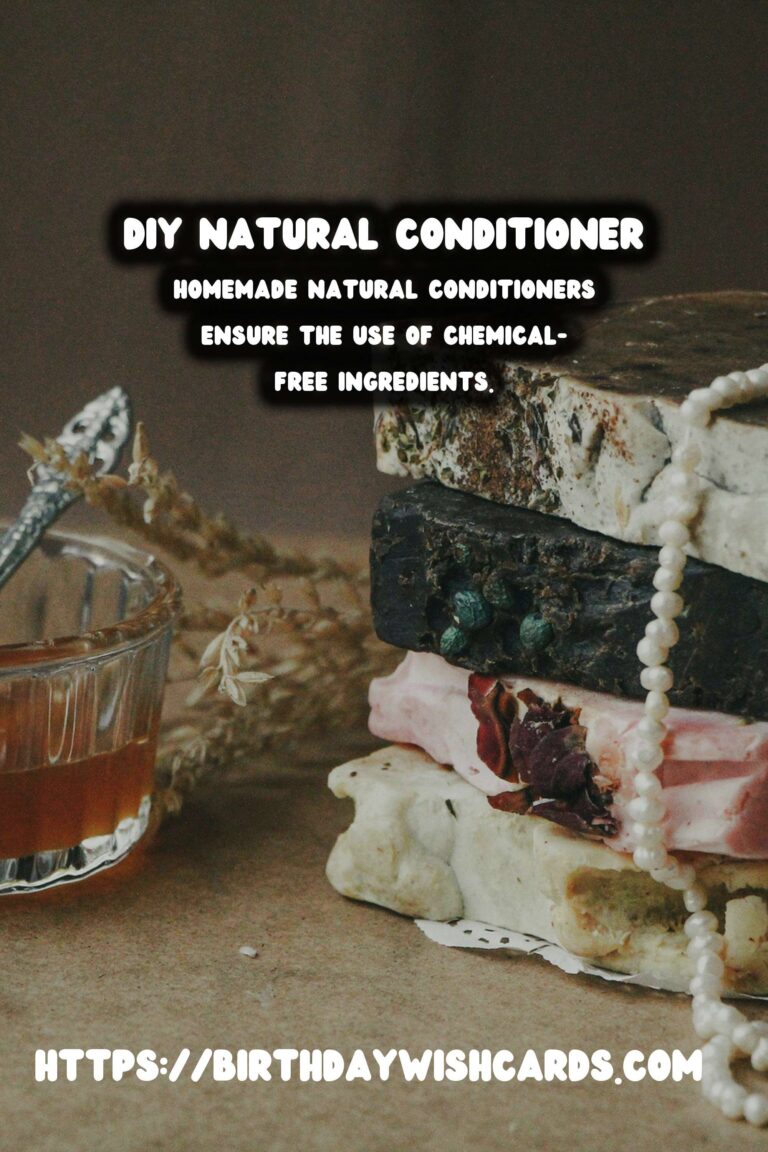
In today’s world, where the importance of natural products is increasingly recognized, many people are turning to homemade solutions for their beauty routine. One such popular trend is creating a homemade natural conditioner. This approach not only ensures the use of chemical-free ingredients but also allows customization according to your hair’s specific needs.
Why Choose a Homemade Natural Conditioner?
Conventional conditioners often contain sulfates, parabens, and synthetic fragrances that can strip your hair of its natural oils, leading to dryness and damage. Homemade natural conditioners, on the other hand, use gentle ingredients like coconut oil, honey, and essential oils, which nourish and protect your hair.
Benefits of Using Natural Ingredients
The primary advantage of using natural ingredients is their ability to provide nourishment without side effects. Ingredients such as avocado, yogurt, and aloe vera are rich in vitamins and minerals, promoting healthier, shinier hair. Moreover, these ingredients help in reducing dandruff, soothing an itchy scalp, and preventing hair loss.
Popular Homemade Natural Conditioner Recipes
Coconut Oil and Honey Conditioner
This simple recipe is excellent for moisturizing and adding shine to your hair. Ingredients: – 2 tablespoons of coconut oil – 1 tablespoon of honey Instructions: 1. Mix the coconut oil and honey in a bowl. 2. Apply the mixture to your damp hair, concentrating on the ends. 3. Leave it on for 20-30 minutes. 4. Rinse thoroughly with warm water.
Avocado and Egg Yolk Conditioner
This conditioner is ideal for dry and damaged hair. Ingredients: – 1 ripe avocado – 1 egg yolk Instructions: 1. Mash the avocado and mix it with the egg yolk until smooth. 2. Apply the mixture to your hair, focusing on the roots and ends. 3. Cover your hair with a shower cap and let it sit for 15-20 minutes. 4. Rinse with lukewarm water and shampoo as usual.
Yogurt and Aloe Vera Conditioner
Perfect for soothing the scalp and adding moisture. Ingredients: – 1/2 cup of plain yogurt – 2 tablespoons of aloe vera gel Instructions: 1. Combine yogurt and aloe vera gel in a bowl. 2. Apply the mixture evenly on your hair. 3. Leave it on for 15 minutes, then rinse thoroughly.
Tips for Using Homemade Conditioners
When using homemade conditioners, it’s essential to know a few tips. Always perform a patch test to ensure you don’t have an allergic reaction to any ingredient. Use fresh ingredients for maximum benefits and make small batches to avoid spoilage. Lastly, be consistent with your application to see the best results.
Conclusion
Switching to a homemade natural conditioner can be a fantastic way to enhance your hair care routine. By using natural ingredients, you can avoid harmful chemicals and customize the conditioner to suit your hair’s needs. Embrace the journey towards healthier, more vibrant hair by trying these simple and effective homemade recipes.
Homemade natural conditioners ensure the use of chemical-free ingredients. Natural ingredients provide nourishment without side effects. Coconut oil and honey are excellent for moisturizing and adding shine. Avocado and egg yolk conditioner is ideal for dry and damaged hair. Yogurt and aloe vera conditioner soothes the scalp and adds moisture. 


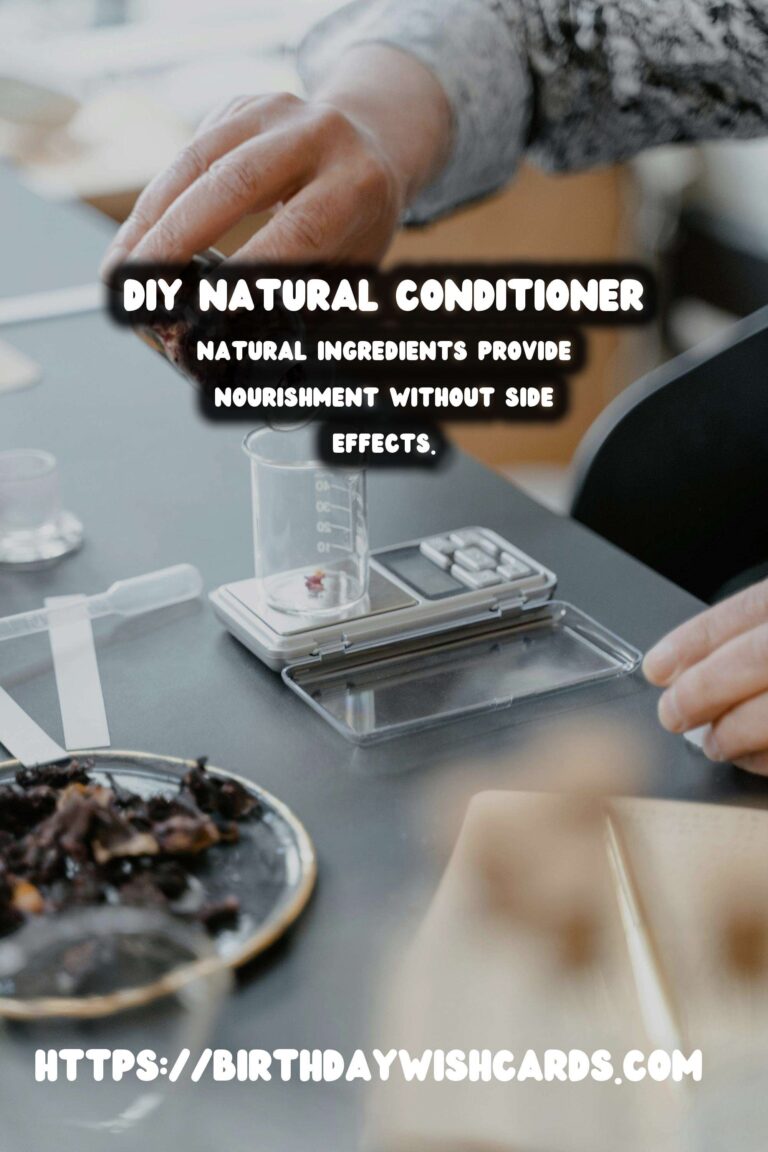

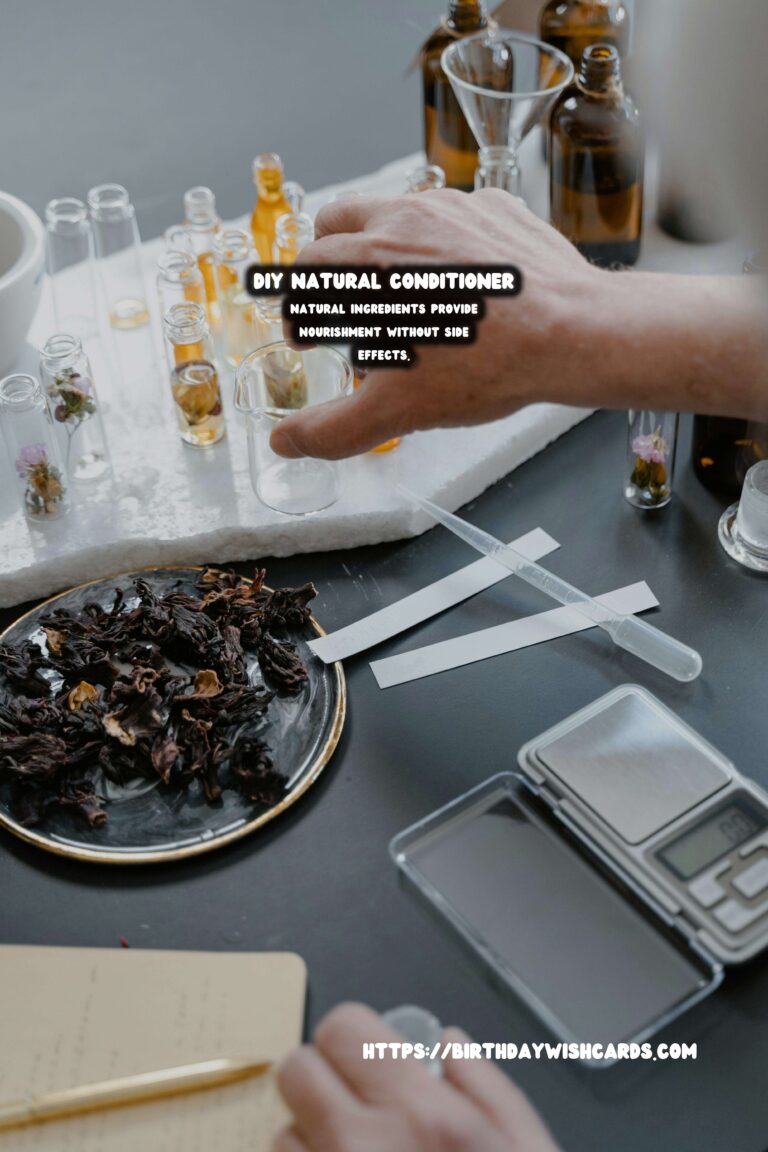
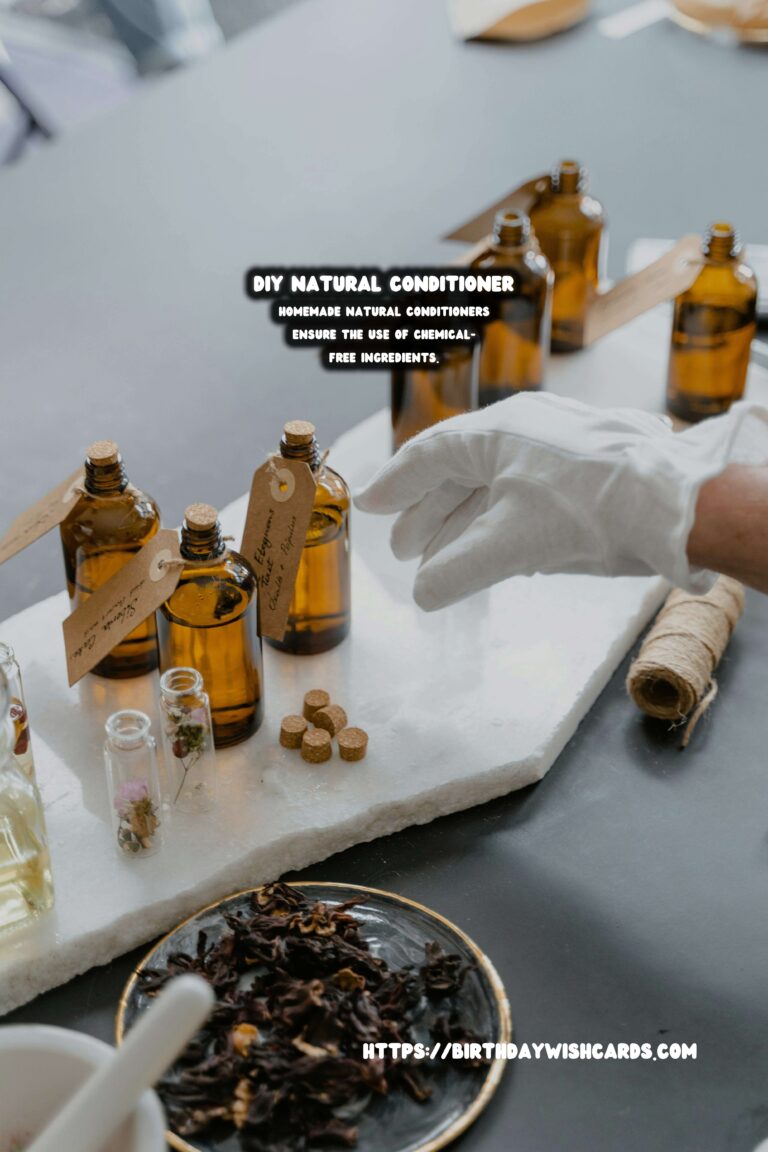

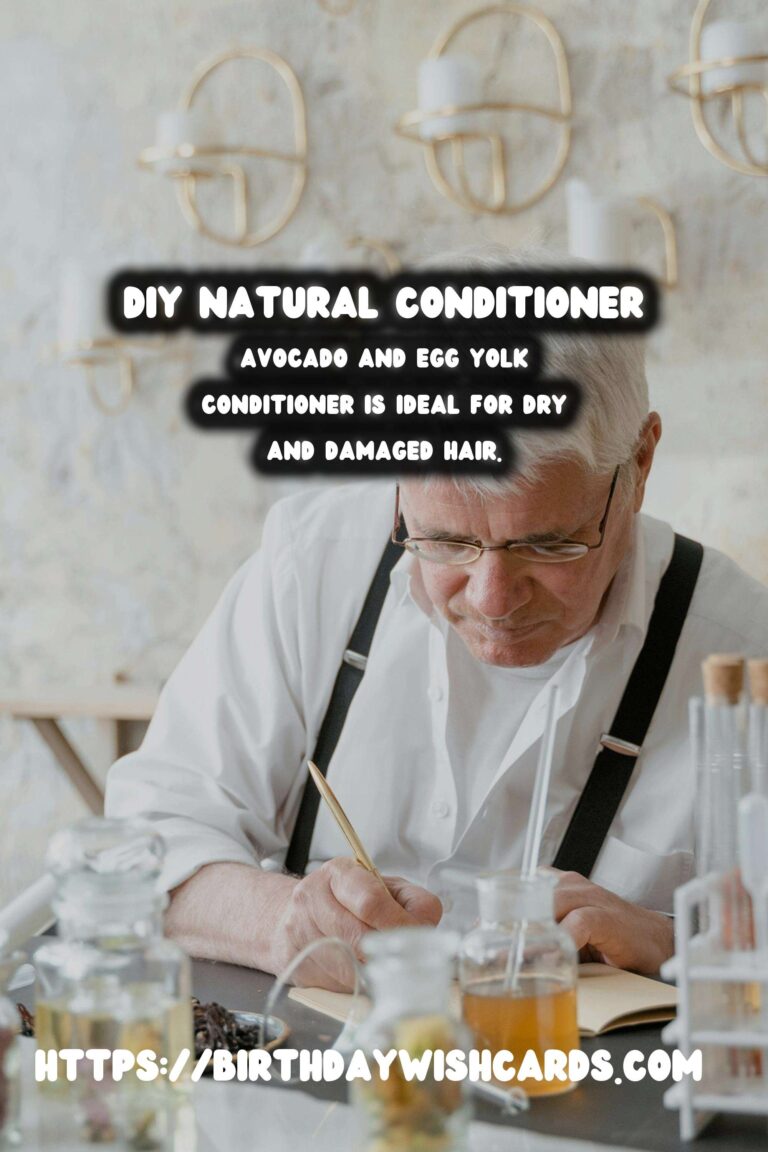
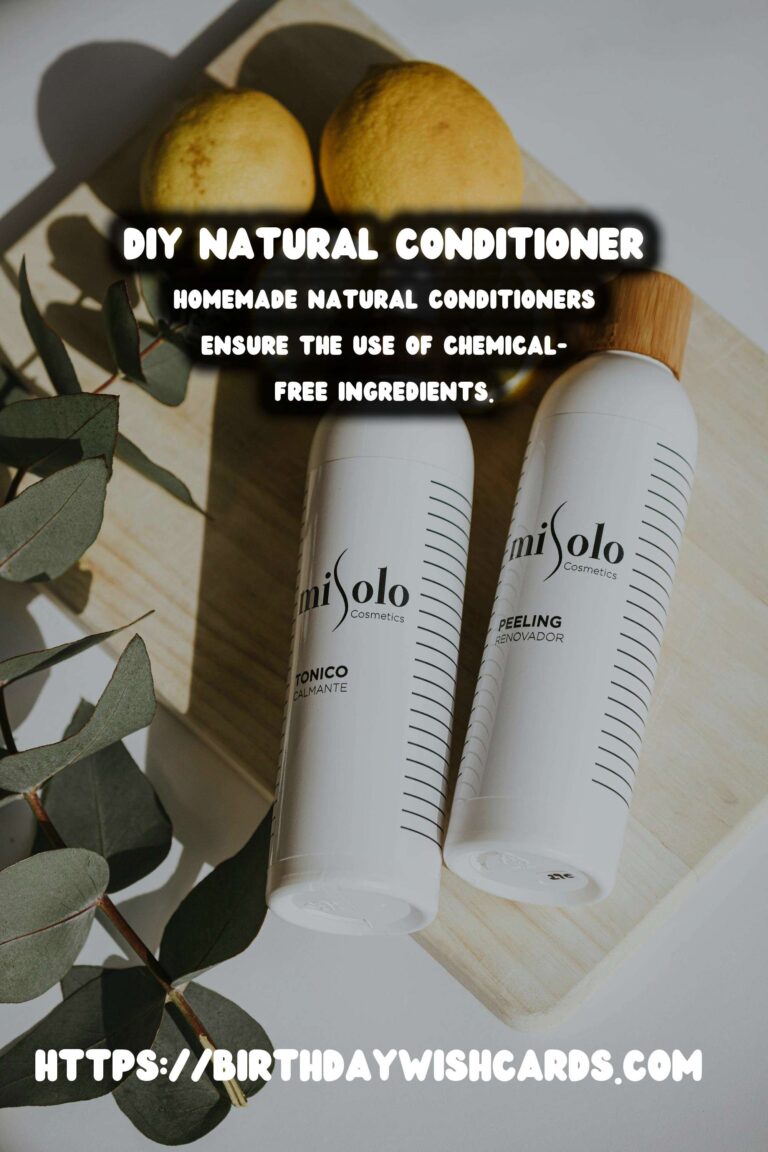
#NaturalHairCare #HomemadeConditioner #HairNourishment #DIYBeauty



